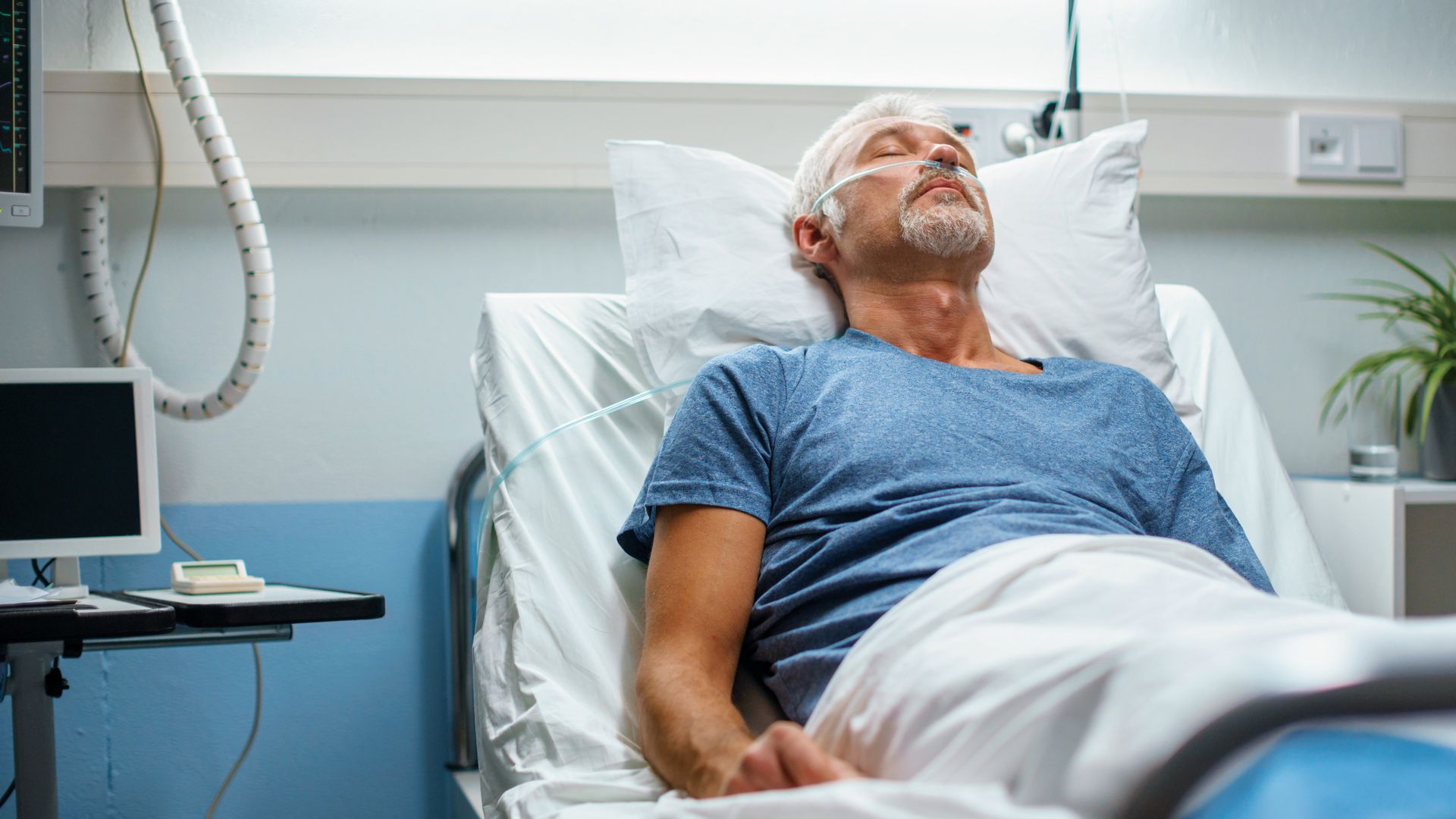Healthy Sleep

Tips for Sleeping Better During Your Stay
It’s always important to get healthy sleep, but it’s especially important if you are sick or injured. Healthy sleep means being able to sleep through the night without waking up a lot.
If you don’t get good rest, your healing may slow down and you could be more likely to have
a fall.
Sometimes it’s hard to sleep in the hospital. Many things can wake you up during the night—like beeping machines, bright lights or nurse visits. Pain or worries may also make it hard to settle down and fall asleep.
Get healthy sleep in the hospital with these tips:
- Have your nurse dim the lights and shut your door at night. If that’s not possible, ask for earplugs and an eye mask to help block sounds and light.
- If pain keeps you awake, tell your nurse. You may be able to get more pain medicine or try other methods to get relief.
- Ask if your health care team can bundle care—like giving medicine and taking tests during the same visit—so you’re not woken up as often during the night.
- Listen to calming music before bedtime. Look for peaceful music channels on your TV.
- Keep lights in your room bright during the day. This keeps your body on a normal cycle of day and night.
- Ask your nurse to help you take a walk during the day if you can. When your body is a little tired, it will be more ready for sleep at night.
- Review your medicines with your doctor to see if any have sleep-related side effects. Your doctor may be able to switch you to a different type of medicine or change when you take it.
Ask About Sleep Medicine
Some types of sleep medicine are not good to take in the hospital. They can make you dizzy and increase your risk for a fall—but some sleep medicines don’t have this side effect and are safer to use. If you continue to have trouble sleeping, ask your doctor about taking sleep medicine.
